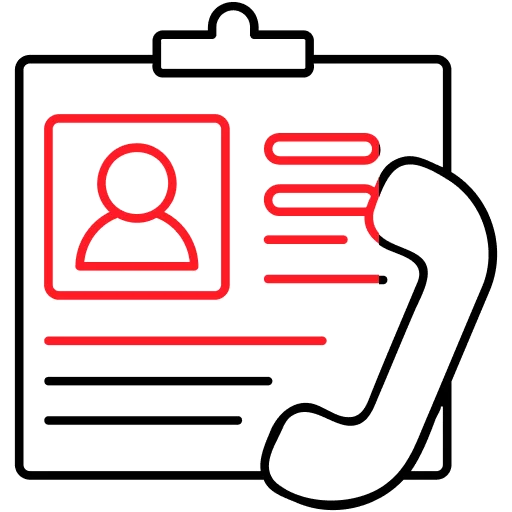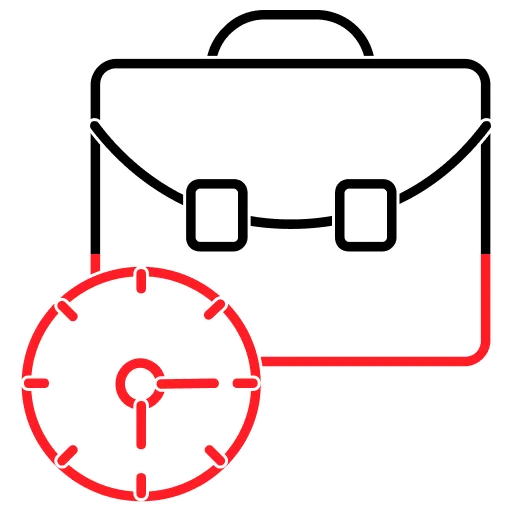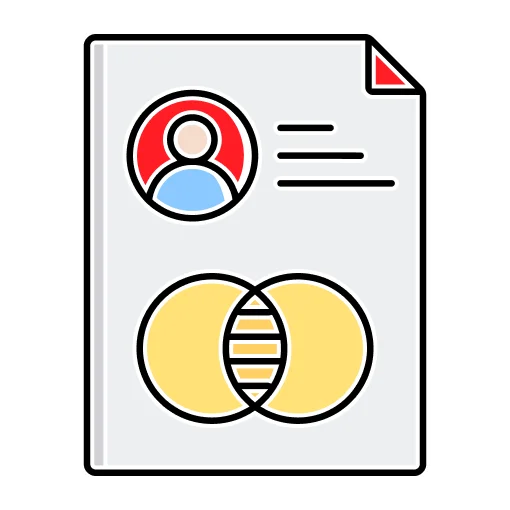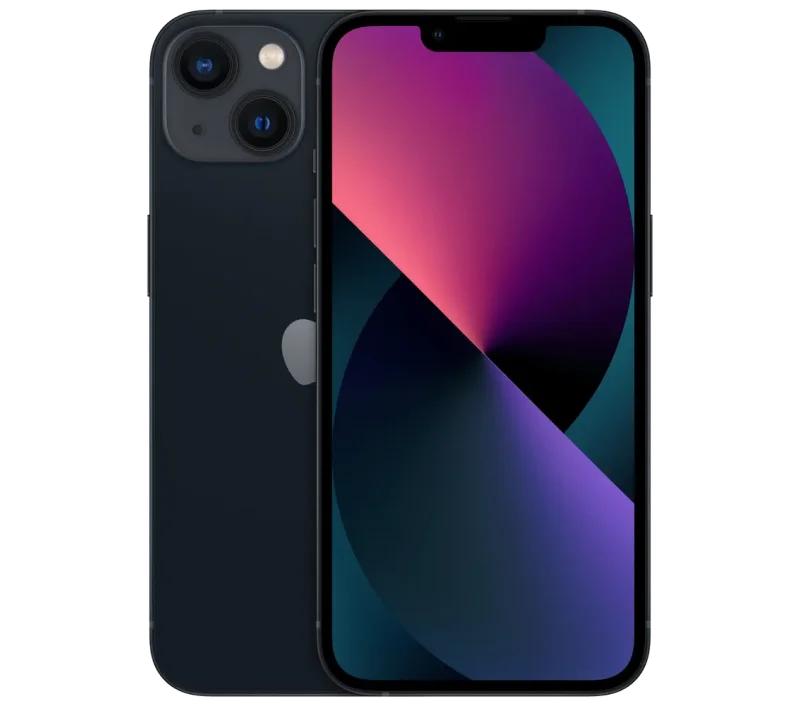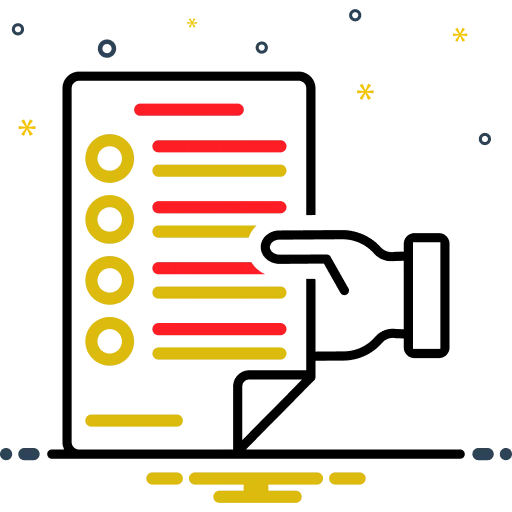Must-Know Things Before Moving to Canada for Studies from India (2025)
Updated on 29 May, 2025

Every year, thousands of Indian students take the life-changing step of pursuing higher education in Canada. With its globally recognized universities, multicultural environment, and promising career pathways, Canada is a top choice for Indian aspirants. In fact, over 427,000 Indian students were enrolled in Canadian institutions in 2023 alone (Source). If you’re preparing for your journey in 2025, this blog is your complete guide to essential things you must plan before moving, from visa formalities and banking to accommodation and one often-overlooked necessity: staying connected with a Canadian SIM card from day one.
1. Visa, Documents & Immigration Essentials
Applying for a Canadian study permit requires meticulous preparation. In light of recent changes to the visa process in late 2024, Indian students must now apply through the regular stream instead of the Student Direct Stream (SDS), which was discontinued for Indian applicants.
Canada’s student visa process is highly documentation-driven. From collecting the right papers to submitting your biometrics at a Visa Application Centre (VFS), each step should be completed with precision. The study permit is applied online via the IRCC portal. You’ll need to pay the visa fee of CAD $150 and a biometrics fee of CAD $85, after which you’ll receive a Biometric Instruction Letter (BIL). Only after completing this step does the application process truly begin.
Required Documents:
- Letter of Acceptance (LoA): Must be issued by a Designated Learning Institution (DLI). This is the foundation of your visa application.
- Valid Passport: Should ideally be valid for your entire course duration. Most airlines and immigration authorities prefer a validity of at least 6 months beyond your travel date.
- Proof of Funds : The most accepted form is the CAD $10,000 Guaranteed Investment Certificate (GIC) and tuition fee receipt for at least the first year. Additional savings, sanctioned education loans, and bank statements are also accepted.
- Academic Transcripts : Class 10, 12, bachelor’s transcripts (if applicable), IELTS/TOEFL scores.
- Statement of Purpose (SOP) : This is your chance to explain your academic history, why you chose Canada, your institution, and how it fits into your long-term career plans.
- Medical Exam Results : You’ll need an upfront medical exam from a panel physician approved by IRCC.
- Passport-size Photos & Family Info Form: Small but essential documents.
- Cloud Backups: Always save digital copies in cloud services like Google Drive or OneDrive. Your phone should be internet-ready to access them upon arrival.
What’s New in 2025?
Since the SDS program has been removed, students can now apply through a general stream without necessarily having a CAD $10,000 GIC or paying full tuition fees in advance. However, having a GIC and tuition fee receipt still significantly improves visa approval chances. Also, the SOP and documentation quality are more scrutinized, making it critical to prepare a compelling, mistake-free application.
Delays are expected due to higher application volumes and stricter verification protocols. Apply 3–4 months before your intended intake.
2. Stay Connected from Day 1: The Importance of a Local SIM Card
Picture this: you land at a Canadian airport with no working mobile data, unable to contact your pickup service or check into your Airbnb. Unfortunately, this is a common reality for students relying on Indian SIMs or searching for airport Wi-Fi.
Many students overlook the role of communication in their early days abroad. From locating your luggage and coordinating transport to logging into your student portal or receiving two-factor authentication codes, a working number is crucial.
Sim for Canada bridges this communication gap by delivering pre-activated SIM cards to Indian students even before departure.
Why Indian SIMs Don't Work Well in Canada:
- High International Roaming Charges: You might be charged ₹800–₹1500/day even for basic connectivity.
- Weak Signal in Remote Cities: Indian networks don't have tie-ups with all regional Canadian towers.
- No Local OTP Support : Logging into university, banking, or student services becomes difficult.
- Delayed Activation of Local Plans Post-Arrival : Local Canadian SIMs may take 1–3 days for verification and setup.
3. Sim for Canada: Pre-Activated Canadian SIM Cards for Indian Students
Sim for Canada offers a smart solution by delivering pre-activated Rogers/Fido SIMs (Canada’s leading networks) to students in India before their journey. The number is shared with you beforehand so you can update university forms, share it with family, and be reachable immediately upon landing.
- 5G Data: Up to 120 GB per month on Canada’s strongest networks.
- International Calling: 1000 free minutes to India every month.
- Flexible Billing : No contracts or credit checks. Billing starts only after activation.
- Doorstep Delivery : Physical SIM or eSIM (QR code) shipped free to your Indian address.
- Student-Centric Plans : Unlimited Canada-wide talk/text + huge data quotas.
- 24/7 Support : Dedicated help for new arrivals who may need assistance.
- Credit Building : Since it’s a postpaid service, your monthly payments can help establish your Canadian credit history — an underrated bonus for renting, applying for credit cards, or getting a phone plan upgrade later.
4. Managing Finances While Studying in Canada
Having your finances in place early will help you avoid stress. Canadian banks offer student accounts with zero monthly fees, free e-transfers, and more.
Top Student Bank Accounts:
- RBC: Offers credit card bundles, cash-back offers, and newcomer tools.
- TD Bank: Known for mobile-first banking and student incentives.
- CIBC: Easy online pre-arrival setup. Supports direct GIC deposit.
- Scotiabank: Offers the popular StartRight Program with bundled GIC and debit/credit features.
- BMO: Often runs student promos (free food coupons, movie tickets, or bonuses).
Additional Tips:
- Use UPI apps linked with Indian bank accounts like PhonePe or Google Pay (India) for short-term needs.
- Don’t carry too much cash; $200–$300 CAD is enough for the first few days.
- Activate your Canadian banking app using your Sim for Canada number to receive SMS codes for transactions and logins.
5. Finding the Right Accommodation
Housing can vary dramatically in price and availability, especially near popular universities.
On-Campus Residence:
- Budget: CAD $6,000–$16,000/year
- Includes: Meals, internet, utilities
- Best for: First-year students or those who prefer less commute
Off-Campus Options:
- Shared units: $700–$1200/month per person
- Studio apartments: $1300–$2200/month
- Homestays: $600–$1100/month (includes meals, family environment)
Use verified platforms like:
- Facebook Housing Groups
- Kijiji & Craigslist
- Places4Students
- University’s Off-Campus Portal
Warning: Rental scams are common. Always call landlords using a local Canadian number to verify listings. Avoid sending deposits without seeing the place via video call.
6. Must-Have Apps That Rely on Mobile Data
Almost every aspect of student life in Canada runs on mobile apps:
- Navigation: Google Maps, Transit App
- Transport: Uber, Lyft, Poparide (carpooling)
- Banking: RBC, TD, CIBC apps + Interac e-Transfer
- Communication: WhatsApp, Signal, Microsoft Teams, Zoom
- Shopping: Amazon Canada, Walmart, Instacart
- Dining: DoorDash, Uber Eats, SkipTheDishes
All of these require reliable mobile data — which is why having your Sim for Canada SIM ready on Day 1 is non-negotiable.
7. Packing Essentials (And What Not to Carry)
Must-Have Items:
- Winter gear: Insulated jacket, boots, gloves, cap
- Power bank, plug converters, extension cord
- SIM ejector tool for switching your SIM in-flight
- Indian utensils: Pressure cooker, masala box, steel plates
- First aid kit and prescription medications (with doctor’s note)
- Important documents (with printed and digital copies)
Avoid:
- Too many clothes — Canadian brands offer better winter-specific options
- Heavy textbooks — download PDFs or use your university library
- Extra electronics — voltage difference can damage them
Travel Hack: Insert your Canadian SIM during the flight so your phone connects the moment you land.
8. What Happens in Your First Week in Canada?
- Connect your phone: With Sim for Canada, you’re ready immediately
- Apply for your SIN: Visit Service Canada with passport and study permit
- Open bank account: Use your local number for OTPs and app login
- Attend orientation: Meet peers, finalize your class schedule
- Explore the city: Visit grocery stores, buy transit cards, join WhatsApp groups
Having access to data and calling from Day 1 makes this hectic week far smoother.
9. What’s Inside the Sim for Canada Student Kit?
- Pre-activated Rogers/Fido SIM card (or eSIM QR)
- Choice of number shared before departure
- Instruction manual for setup
- 24/7 student support access
- Plan details (data, minutes, billing date)
- Invitation to join Indian student WhatsApp groups













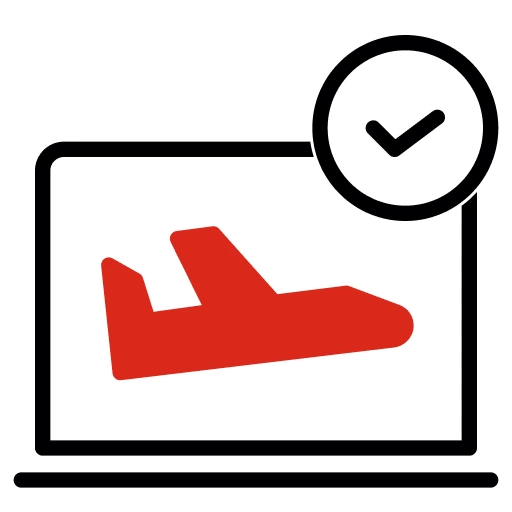


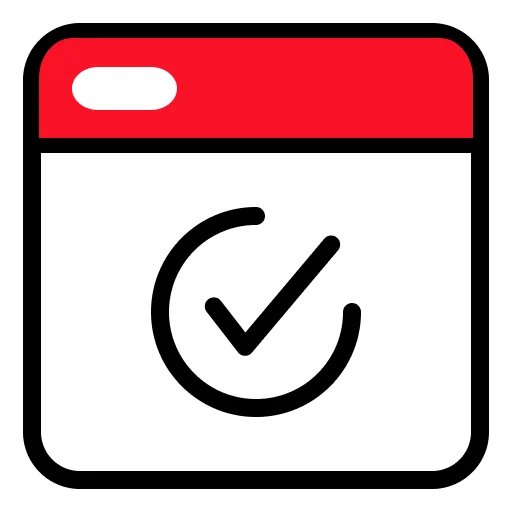

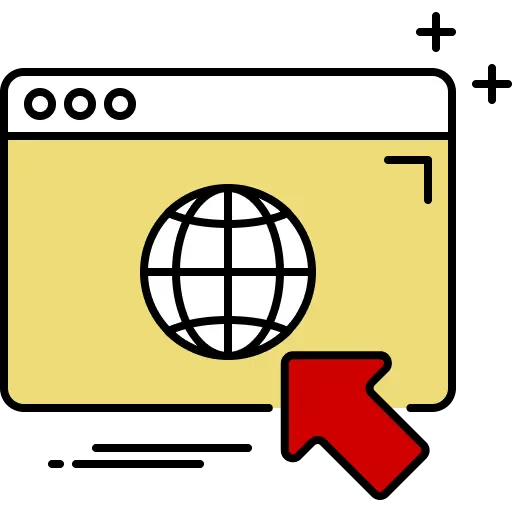
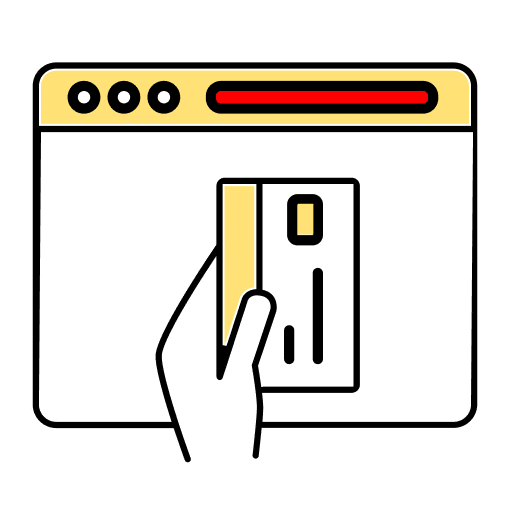
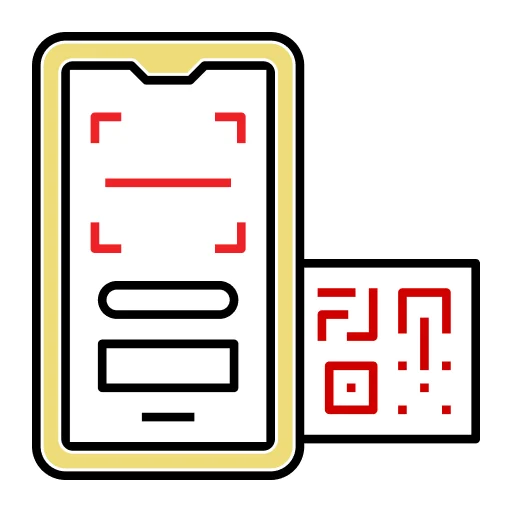
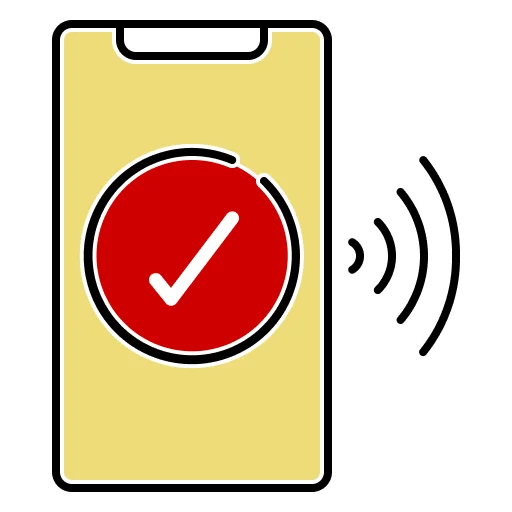
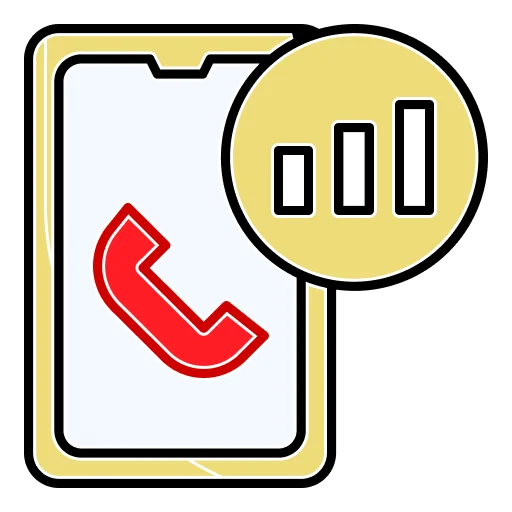

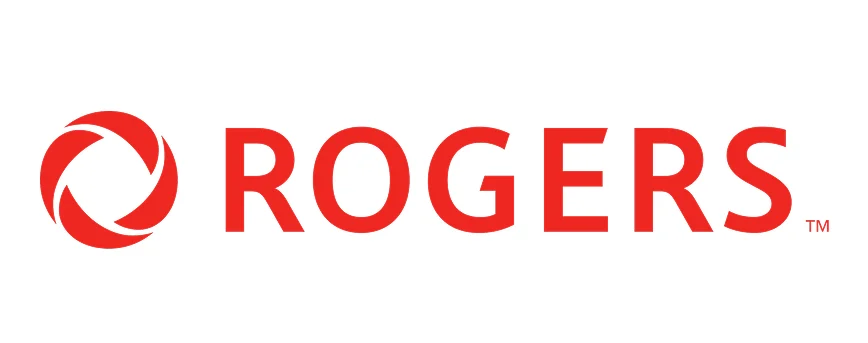
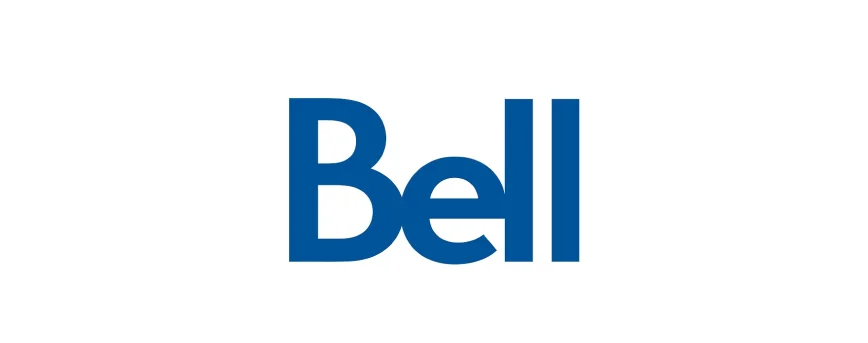
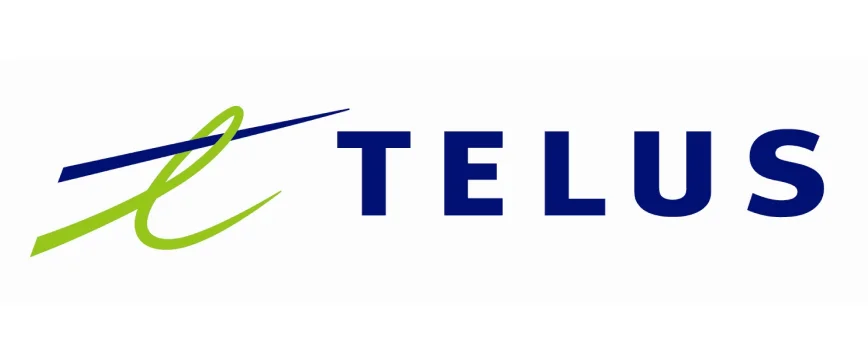
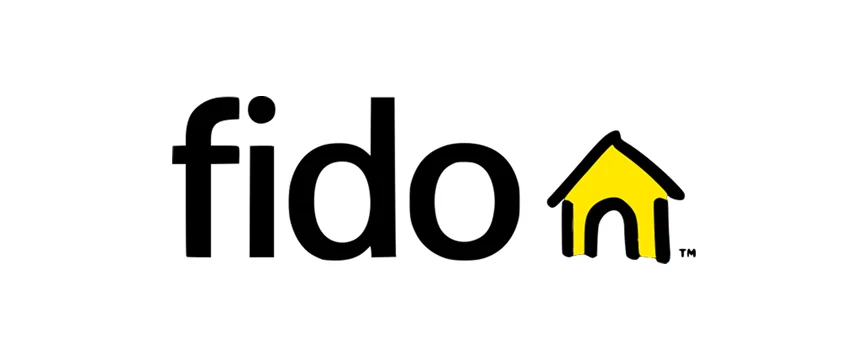
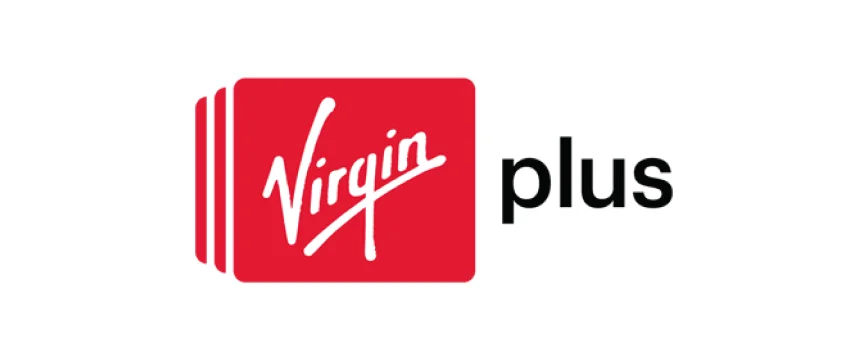
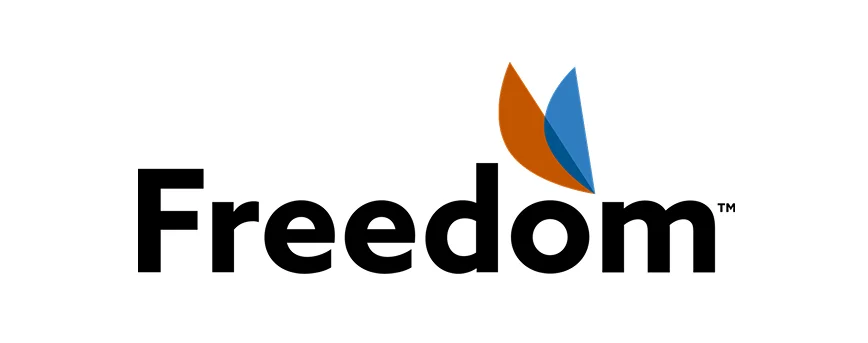

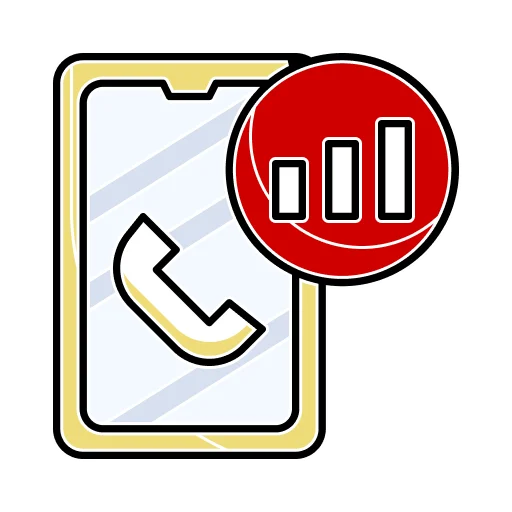








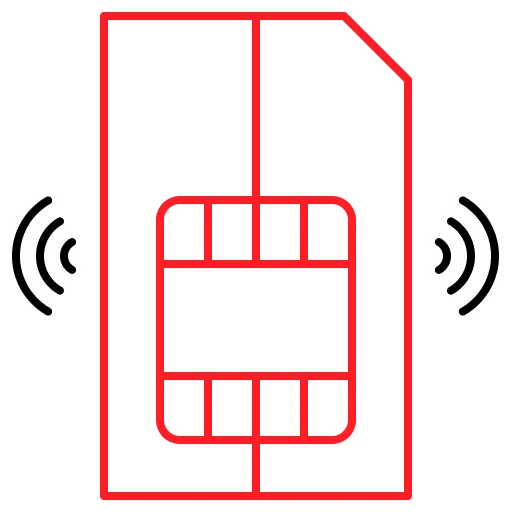






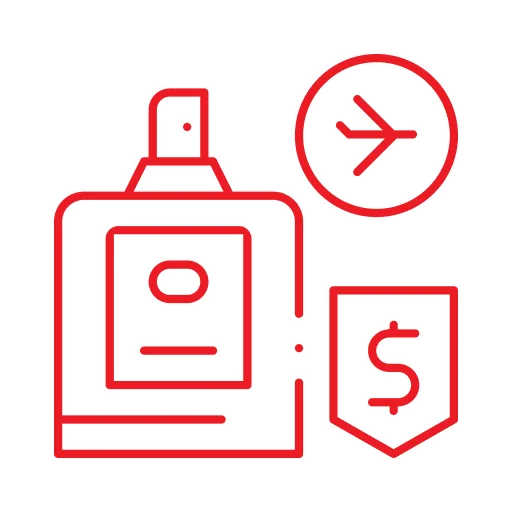



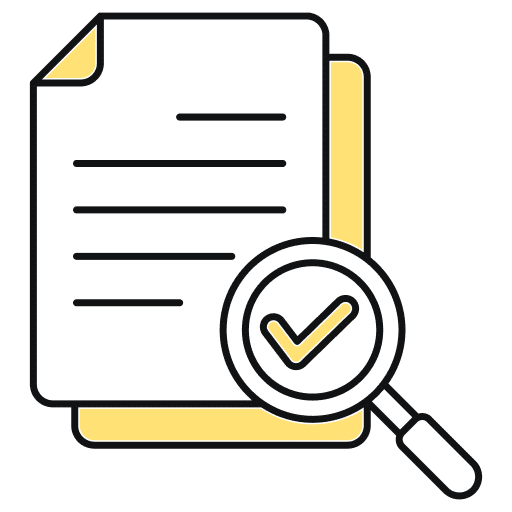

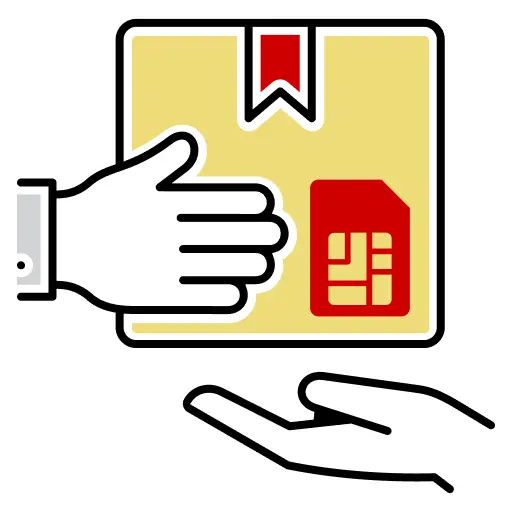


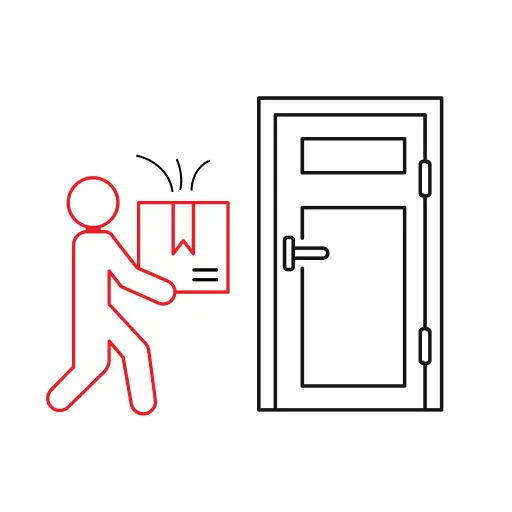


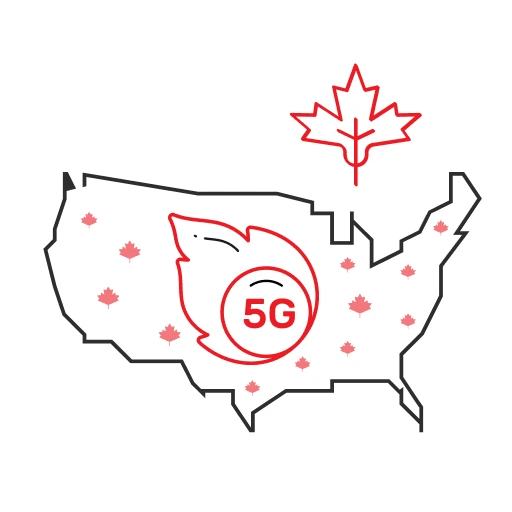
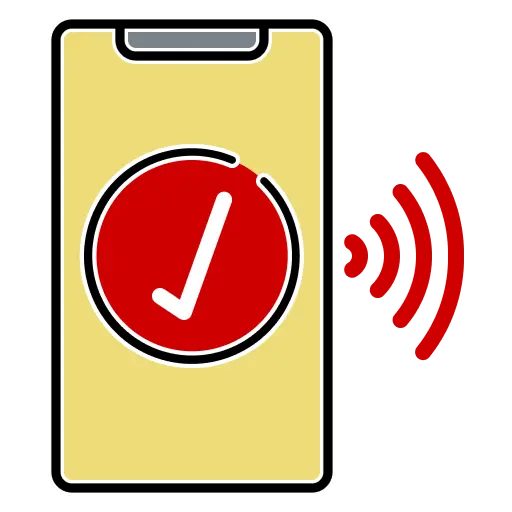
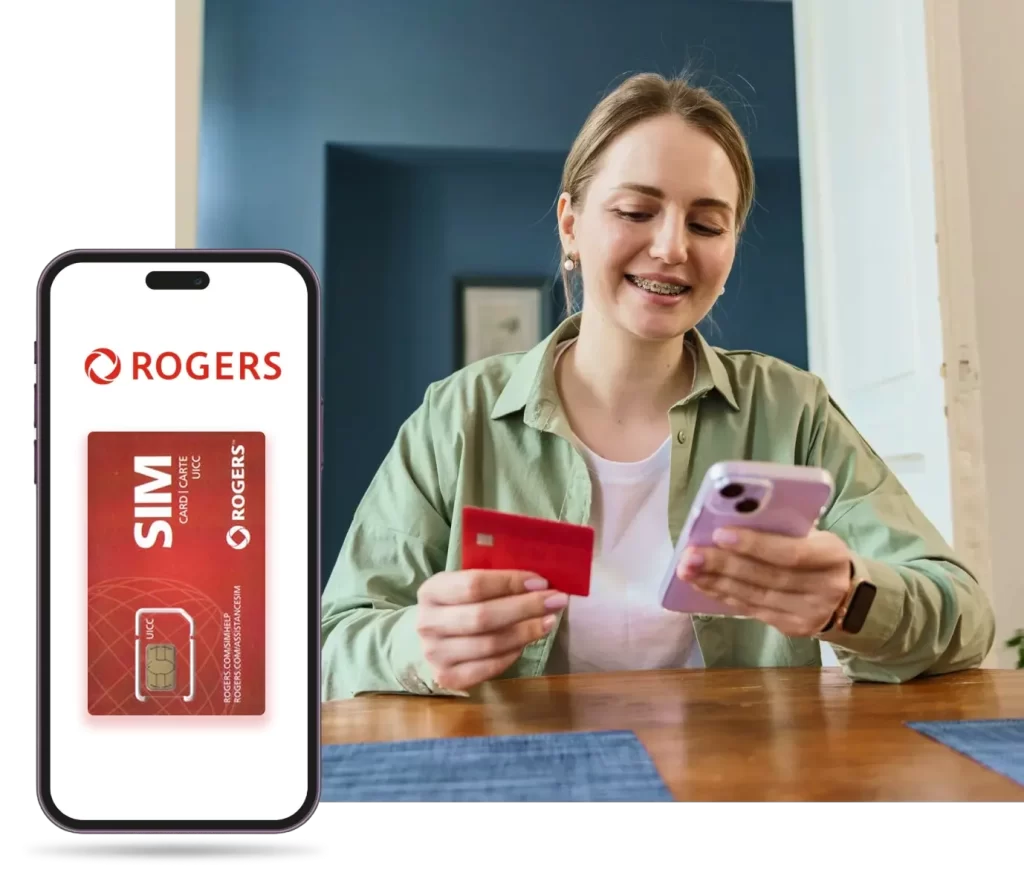

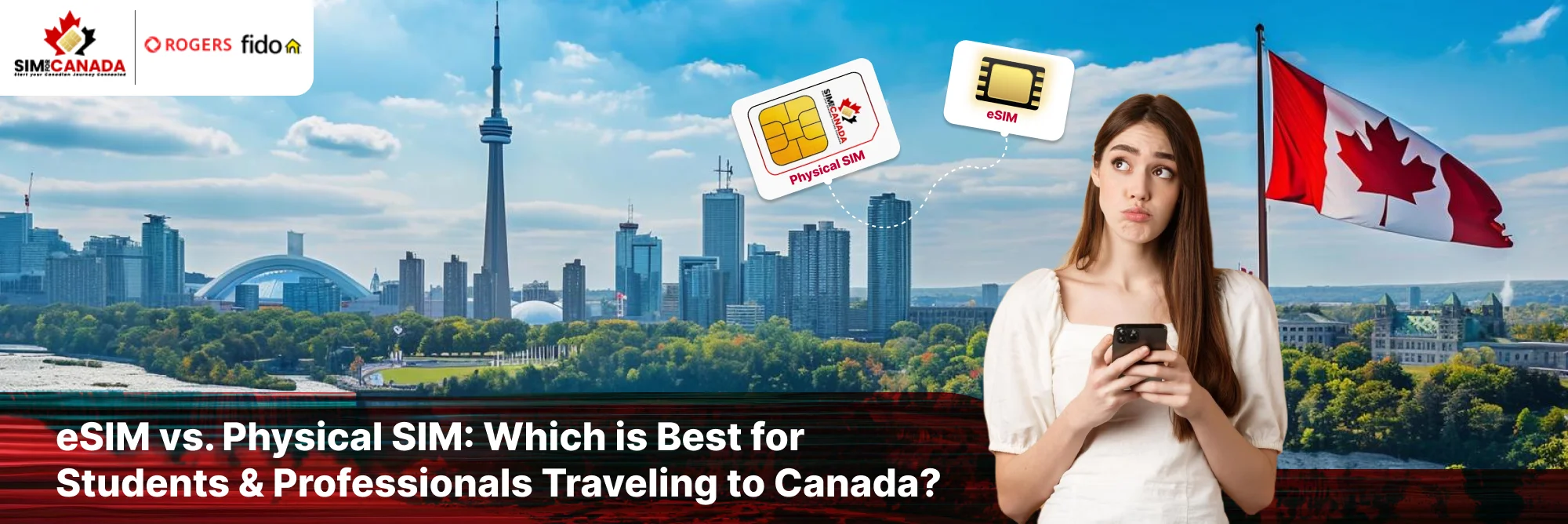
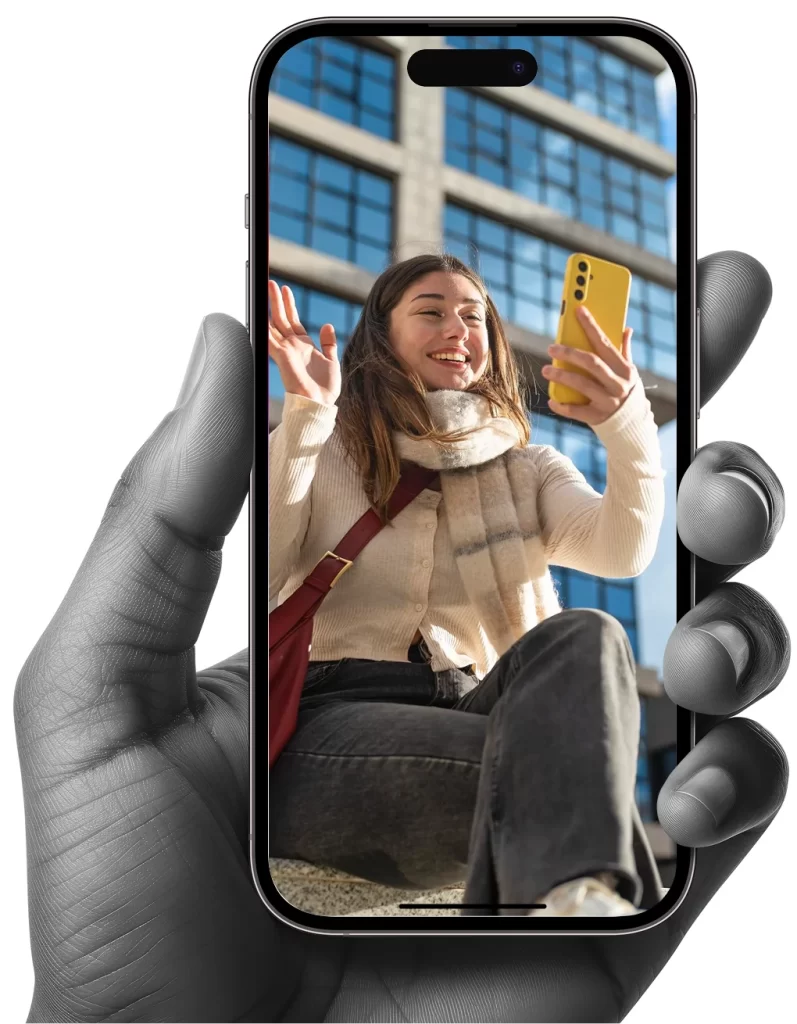


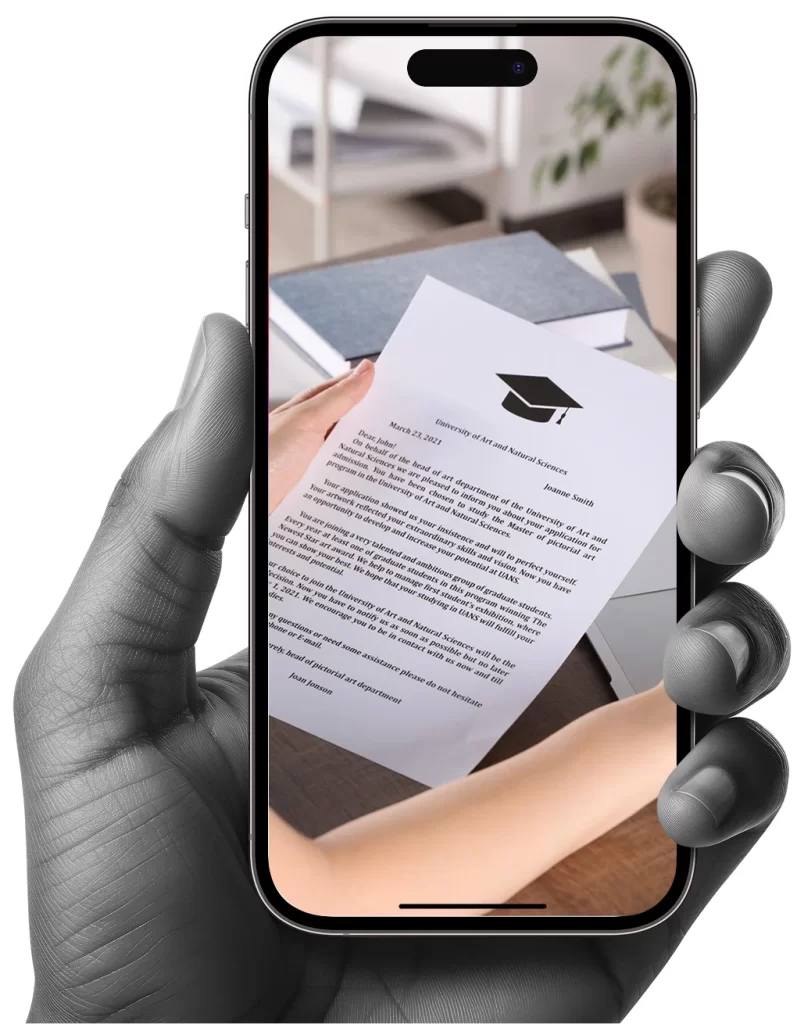
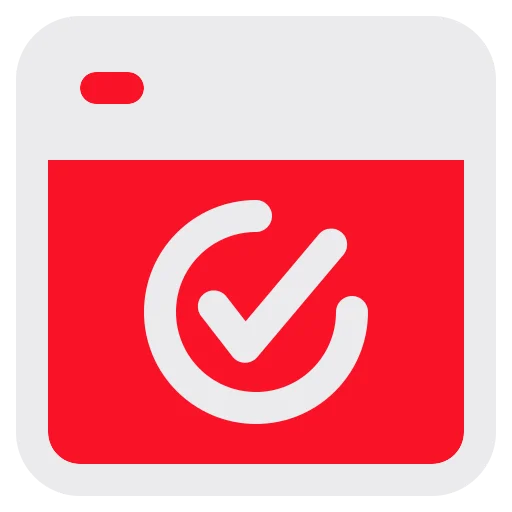
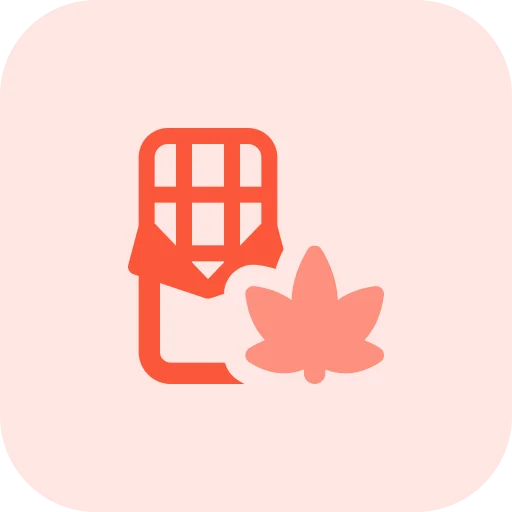
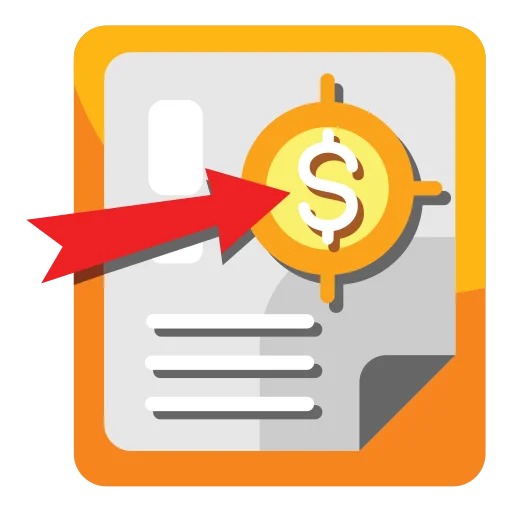

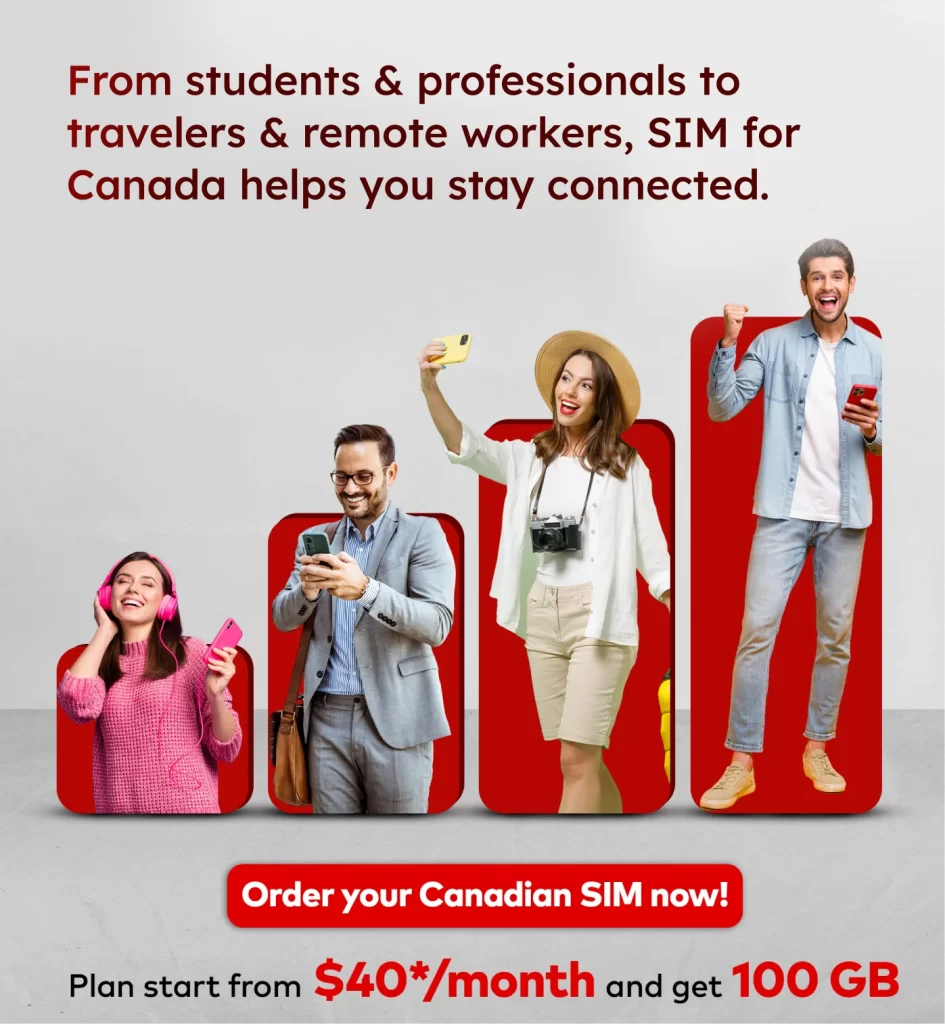


 Hot industries:
Hot industries:






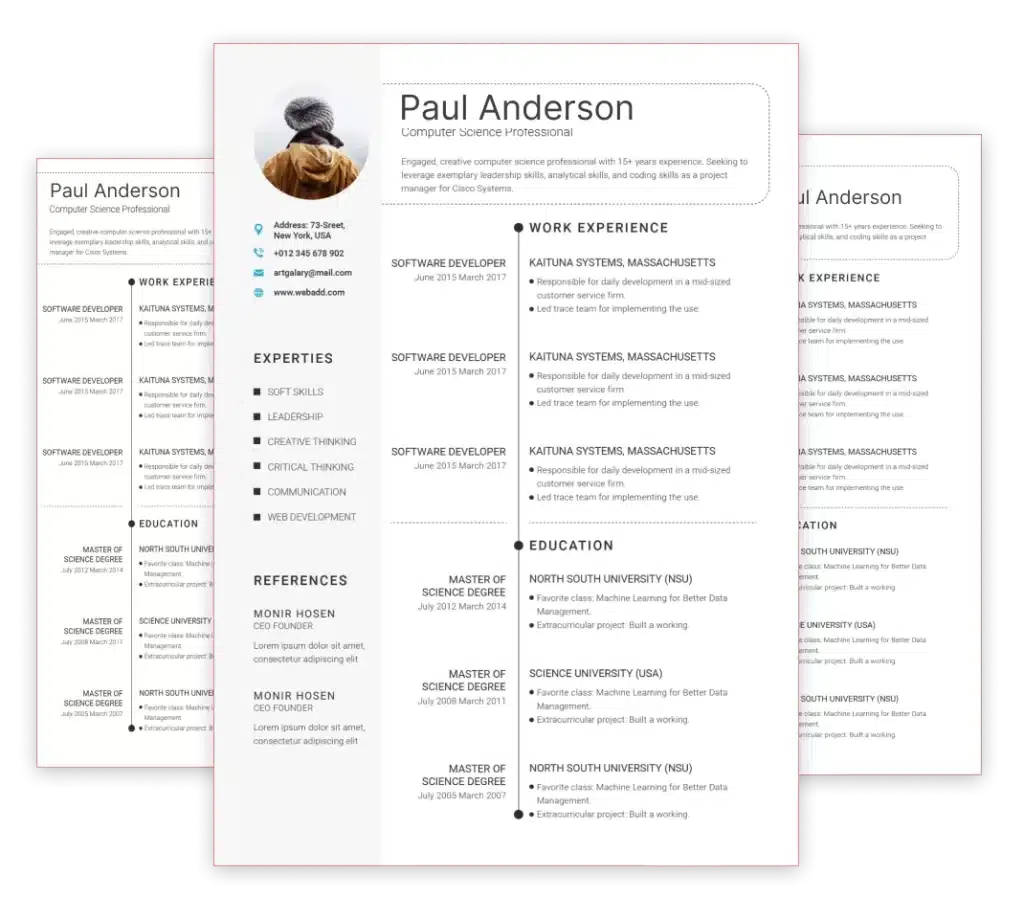

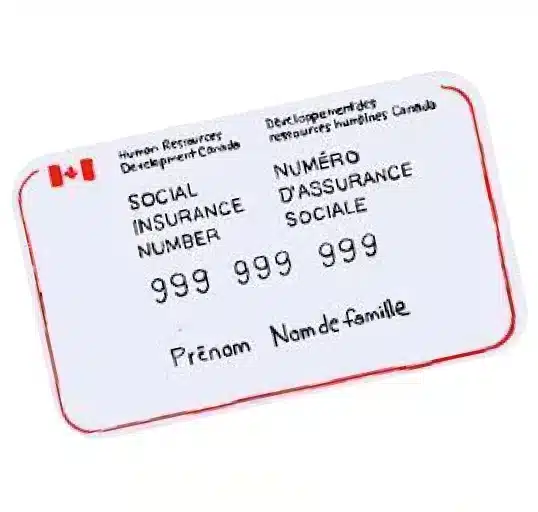
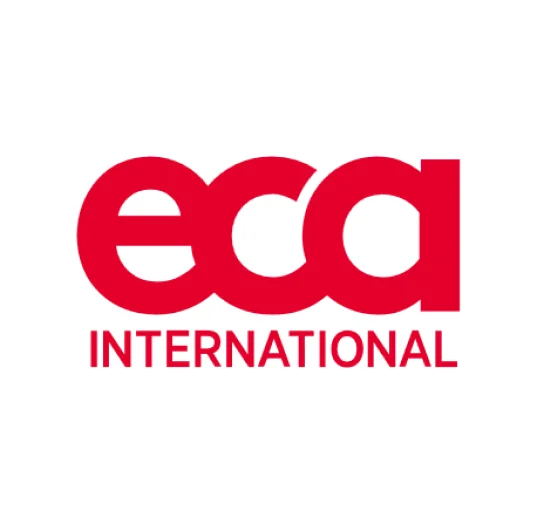
 Your path to success:
Your path to success:

